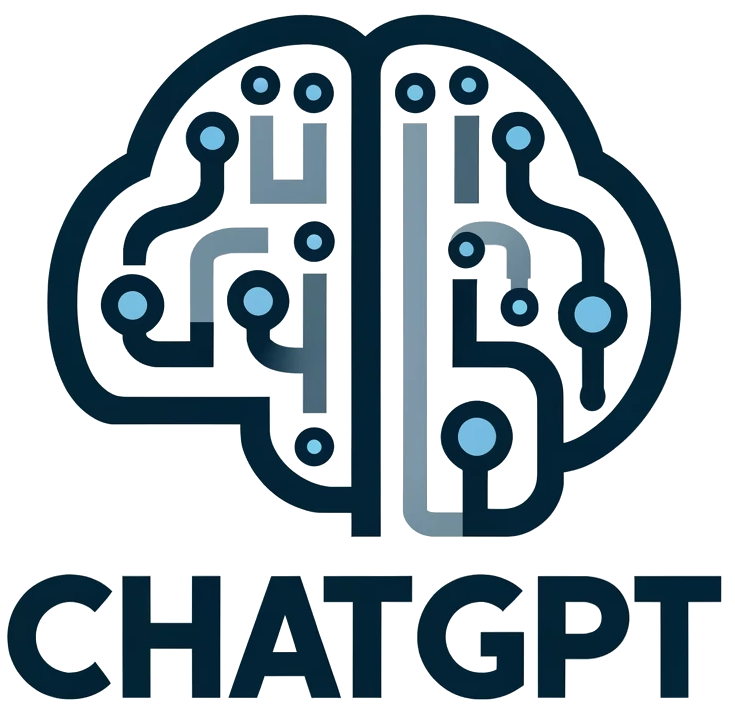How is Artificial Intelligence affecting the world?

How is Artificial Intelligence affecting the world?
Introduction
Artificial Intelligence (AI) is rapidly transforming the world in various ways, impacting industries, economies, and societies on a global scale. From enhancing efficiency and productivity to revolutionizing healthcare and transportation, AI is reshaping the way we live and work. Its influence is evident in areas such as automation, data analysis, and decision-making, leading to both opportunities and challenges for individuals and organizations alike. As AI continues to advance, its effects on the world are becoming increasingly profound and far-reaching.
Ethical implications of Artificial Intelligence
Artificial Intelligence (AI) has become an integral part of our daily lives, from virtual assistants like Siri and Alexa to self-driving cars and personalized recommendations on streaming platforms. While AI has brought about numerous benefits and advancements in various industries, it also raises ethical concerns that need to be addressed.
One of the main ethical implications of AI is the issue of bias. AI systems are only as good as the data they are trained on, and if that data is biased, the AI will also be biased. This can lead to discriminatory outcomes in areas such as hiring, lending, and criminal justice. For example, if a hiring algorithm is trained on data that is biased against women or people of color, it may perpetuate that bias by recommending candidates based on those discriminatory patterns.
Another ethical concern is the lack of transparency in AI decision-making. AI systems are often seen as black boxes, making it difficult to understand how they arrive at their conclusions. This lack of transparency can lead to distrust in AI systems and raise questions about accountability. If an AI system makes a mistake or causes harm, who is responsible? Is it the developer, the user, or the AI itself?
Privacy is also a major ethical issue when it comes to AI. AI systems are constantly collecting and analyzing vast amounts of data about individuals, raising concerns about surveillance and data security. For example, facial recognition technology can be used for surveillance purposes, potentially infringing on people’s right to privacy. Additionally, the use of AI in healthcare raises questions about the security and confidentiality of patients’ medical information.

Furthermore, there are concerns about the impact of AI on jobs and the economy. As AI becomes more advanced, there is a fear that it will automate many jobs, leading to widespread unemployment and economic inequality. While AI has the potential to create new jobs and industries, there is a need for policies and regulations to ensure that the benefits of AI are shared equitably.
Despite these ethical concerns, there are steps that can be taken to address them. One approach is to ensure that AI systems are developed and deployed ethically, with a focus on fairness, transparency, and accountability. This includes conducting regular audits of AI systems to identify and mitigate bias, as well as providing explanations for AI decisions to increase transparency.
Another approach is to involve diverse stakeholders in the development and deployment of AI systems, including ethicists, policymakers, and members of the community. By including a variety of perspectives, we can ensure that AI is used in a way that benefits society as a whole.
In conclusion, while AI has the potential to bring about significant advancements and improvements in various industries, it also raises important ethical concerns that need to be addressed. By taking a proactive approach to ethics in AI development and deployment, we can ensure that AI is used in a way that is fair, transparent, and accountable.
Impact of AI on job market and employment
Artificial Intelligence, or AI, has been making waves in the world in recent years. From self-driving cars to virtual assistants, AI technology is becoming more and more prevalent in our daily lives. But one area where the impact of AI is particularly noticeable is in the job market and employment.
As AI technology continues to advance, many fear that it will lead to job loss and unemployment. And while it’s true that AI has the potential to automate certain tasks and jobs, it’s also creating new opportunities and changing the way we work.
One of the main ways AI is affecting the job market is through automation. AI technology can perform tasks that were once done by humans, such as data entry, customer service, and even some aspects of healthcare. This has led to concerns about job loss in these industries, as companies look to cut costs and increase efficiency through automation.
However, AI is also creating new job opportunities in fields such as data science, machine learning, and AI development. As companies invest more in AI technology, the demand for skilled workers in these areas is on the rise. This means that while some jobs may be lost to automation, new jobs are also being created in the AI industry.
Another way AI is impacting the job market is through the changing nature of work. With AI technology taking over routine tasks, workers are able to focus on more complex and creative aspects of their jobs. This can lead to increased job satisfaction and productivity, as workers are able to use their skills and expertise in more meaningful ways.
AI is also changing the way we think about education and training. As AI technology becomes more prevalent in the workplace, there is a growing need for workers to have skills in areas such as data analysis, programming, and AI development. This has led to a shift towards more specialized and technical education programs, as workers look to stay competitive in an increasingly AI-driven job market.
Overall, the impact of AI on the job market and employment is complex and multifaceted. While there are concerns about job loss and automation, there are also new opportunities and ways of working that AI technology is creating. As AI continues to advance, it’s important for workers to adapt and develop new skills to stay competitive in the changing job market.
In conclusion, AI is having a significant impact on the job market and employment. While there are challenges and concerns associated with the rise of AI technology, there are also new opportunities and ways of working that it is creating. As we continue to navigate the changing landscape of the job market, it’s important for workers to stay informed and adaptable in order to thrive in an AI-driven world.
AI’s role in healthcare and medical advancements
Artificial Intelligence (AI) has been making waves in various industries, and one area where its impact is particularly significant is healthcare. The use of AI in healthcare has led to numerous advancements and improvements in patient care, diagnosis, treatment, and overall efficiency of healthcare systems.
One of the key ways in which AI is revolutionizing healthcare is through its ability to analyze vast amounts of data quickly and accurately. This is particularly useful in medical imaging, where AI algorithms can help detect abnormalities in scans such as X-rays, MRIs, and CT scans. By analyzing these images, AI can help doctors make more accurate diagnoses and provide better treatment options for patients.
In addition to medical imaging, AI is also being used in other areas of healthcare, such as personalized medicine. By analyzing a patient’s genetic makeup and medical history, AI can help doctors tailor treatment plans to individual patients, leading to more effective and targeted therapies. This personalized approach to medicine can lead to better outcomes for patients and reduce the risk of adverse reactions to medications.

AI is also being used to improve the efficiency of healthcare systems. By automating routine tasks such as scheduling appointments, processing insurance claims, and managing medical records, AI can help healthcare providers save time and resources, allowing them to focus more on patient care. This can lead to shorter wait times for patients, reduced administrative costs, and overall improved patient satisfaction.
Another area where AI is making a significant impact is in drug discovery and development. By analyzing vast amounts of data on drug interactions, chemical structures, and biological pathways, AI can help researchers identify potential drug candidates more quickly and accurately. This can lead to the development of new treatments for diseases that were previously difficult to treat, as well as the repurposing of existing drugs for new indications.
Overall, the use of AI in healthcare is leading to more accurate diagnoses, personalized treatment plans, improved efficiency, and faster drug discovery. However, there are also challenges and concerns associated with the use of AI in healthcare. One of the main concerns is the potential for bias in AI algorithms, which can lead to disparities in healthcare outcomes for certain populations. It is important for developers and healthcare providers to address these biases and ensure that AI is used ethically and responsibly.
Despite these challenges, the potential benefits of AI in healthcare are vast. By harnessing the power of AI, healthcare providers can improve patient care, reduce costs, and ultimately save lives. As AI continues to evolve and become more integrated into healthcare systems, it is important for stakeholders to work together to ensure that AI is used in a way that benefits all patients and leads to better health outcomes for everyone.
Conclusion
Artificial Intelligence is affecting the world by revolutionizing industries, improving efficiency, and creating new opportunities for innovation. However, it also raises concerns about job displacement, privacy issues, and ethical considerations. In conclusion, the impact of Artificial Intelligence on the world is profound and will continue to shape society in the years to come.
